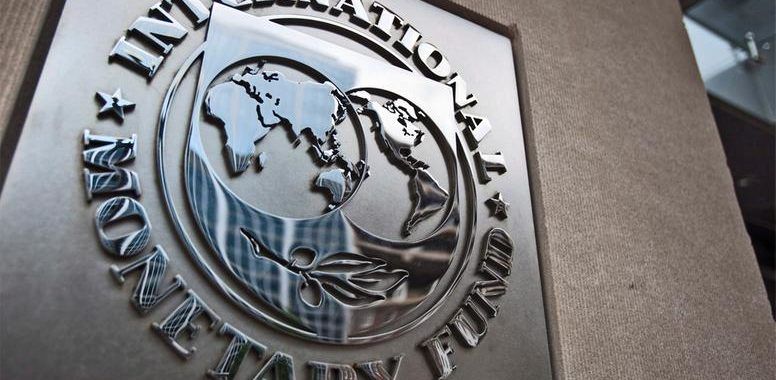Nigeria’s decision to hold steady on its Value Added Tax (VAT) rate, while understandable given the prevailing economic climate, carries significant implications for the nation’s fiscal health. The International Monetary Fund (IMF), in its latest assessment, projects a potential revenue shortfall of up to 0.5% of Nigeria’s Gross Domestic Product (GDP) as a direct consequence of this decision. Although the government’s rationale—protecting vulnerable households amidst rising poverty and food insecurity—holds merit, the IMF cautions that this choice will strain public finances, particularly at the state and local levels. With the social safety net, the cash transfer program, still reaching only a fraction of its intended beneficiaries, raising VAT during this period could exacerbate hardship. However, the trade-off is a reduction in crucial government resources, which could ultimately impede the very social programs designed to alleviate poverty.
The burden of this revenue shortfall will disproportionately affect subnational governments. States and local governments, already facing budgetary constraints, will likely need to explore alternative financing mechanisms, cut spending, or increase their own revenue generation efforts to compensate. Unlike the federal government, which is expected to partially offset the VAT revenue loss through gains from improved corporate income tax (CIT) compliance, subnational entities lack this buffer. This fiscal pressure could lead to a reduction in essential public services at the local level, further impacting vulnerable populations. The IMF underscores the importance of these subnational governments finding sustainable solutions to address this impending fiscal gap, emphasizing the need for careful planning and resource allocation.
Despite the challenges posed by maintaining the current VAT rate, the IMF commends Nigeria’s broader tax reform agenda. Spearheaded by the Presidential Committee on Fiscal Policy and Tax Reforms, these initiatives aim to modernize the VAT and CIT systems, streamline exemptions, enhance compliance, and leverage digital tools for improved monitoring. These reforms, in the IMF’s view, hold substantial potential to bolster Nigeria’s revenue base in the medium term and address its historically low revenue-to-GDP ratio, one of the lowest globally. The expectation is that these reforms will not only increase revenue collection but also enhance the efficiency and transparency of the tax system. This modernization is crucial for attracting investment, fostering economic stability, and ultimately supporting sustainable development.
However, the IMF emphasizes that the success of these reforms hinges on clear communication and a well-defined implementation roadmap. To build investor confidence and ensure policy credibility, the Nigerian government needs to articulate a comprehensive medium-term revenue plan, outlining specific timelines for further tax policy adjustments. This transparent approach will not only provide clarity to investors but also demonstrate the government’s commitment to fiscal responsibility and sustainable economic management. The IMF advises maintaining a neutral fiscal stance in the coming year, cautioning against excessive borrowing to compensate for revenue shortfalls. A prudent fiscal approach is critical for managing public debt, which has already risen significantly.
Nigeria’s current economic landscape is characterized by both global and domestic uncertainties. Fluctuating oil prices, escalating financing costs, and mounting social pressures have limited the government’s fiscal maneuverability. While the IMF acknowledges the positive impact of recent reforms, such as the removal of fuel subsidies and the liberalization of the foreign exchange market, it notes that the benefits have yet to translate into tangible improvements for the majority of Nigerians. With inflation remaining stubbornly high and poverty levels deepening, the government faces a difficult balancing act between maintaining macroeconomic stability and accelerating revenue generation. This delicate equilibrium requires careful policy calibration to navigate the complex interplay of economic factors and social needs.
The IMF emphasizes the urgency of implementing the proposed tax reforms and developing a clear medium-term revenue strategy. Delaying these critical measures could exacerbate the fiscal challenges, particularly for subnational governments, and hinder Nigeria’s long-term economic prospects. The Fund continues to offer its support to Nigeria in its reform efforts, providing technical assistance and deploying resident advisors to strengthen revenue mobilization strategies. The IMF’s ongoing engagement underscores the importance of international collaboration in navigating complex economic challenges and promoting sustainable development. The Nigerian government’s commitment to these reforms, coupled with continued support from international partners, will be crucial for navigating the current economic headwinds and building a more resilient and prosperous future.














